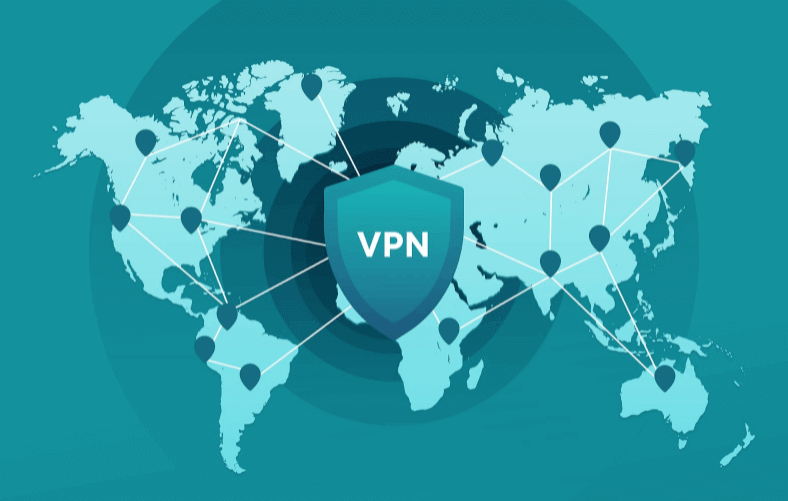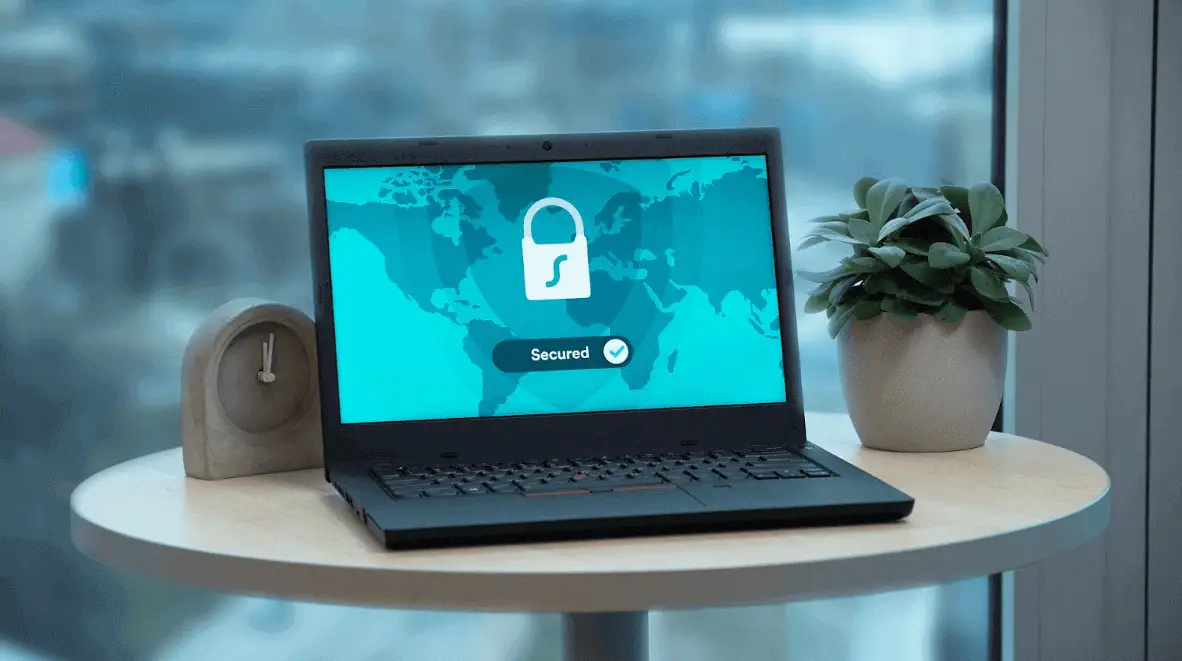A VPN (a virtual private network) makes it possible to use the internet and connect to websites without revealing your identity or location. It gives you an IP address from another country, making it difficult for hackers, governments, and other people to track you online.
These six things are little-known ways that you can use a VPN.
You Can Access Blocked Sites in Your Country
You can use a VPN to bypass restrictions and get around blocked websites. Many countries have strict censorship policies that limit internet users from accessing certain sites or platforms, such as Facebook or YouTube. In other cases, companies block you from seeing their website if your IP address is not in the country where they are based.
With a reliable VPN, you can unblock some of the content that is only available in specific regions. Most individuals use it to access movies, TV shows, and music that is not available in their country. You can also use a VPN to access blocked news sites or other blocked content on the internet.
Helps You Gain When Banned From Specific Sites
A VPN can also help you get back on sites that have banned or blocked your account. If you have been using one site and got blocked out of it, you do not have to give up on it. As seen in this guide, how to get unbanned from OmeTV, you can use a VPN to get back into your account and continue using the site like before. You only need to have a reliable VPN and follow the necessary steps to find your way back.
Many sites ban people who try to access them too many times with different accounts, but you will never run out if you are traveling or sharing an IP address in another location. Some websites also limit the number of times you can log in from certain locations. A VPN makes it impossible for these sites to track your location and time spent on their site.
You Can Protect Your Privacy
Even if you aren’t worried about governments or hackers spying on your internet activity, it can still be an issue that companies track everything you do online. For example, Google uses the information it gathers about users for targeted advertising campaigns – so if you are looking for a new car, your search results will show ads for cars. While it may be convenient to see relevant ads when searching online, Google is still tracking every website that you visit and where you go on the internet.
A VPN can help protect your privacy by encrypting all of the data sent from your device so no one can see it. With some, like ExpressVPN, you can even use an anonymous email address when signing up to make sure that your details are not linked with the VPN account or any websites you visit.
You Can Access Streaming Sites in Unsafe Locations
Many people who live in unsafe countries turn to VPNs because they allow them to access the internet safely. Some of these individuals are at risk if they use public wifi or connect their devices directly to an open network because criminals can easily steal information like login details, bank account numbers, and credit card data sent through unsecured networks.
A VPN gives you online privacy without compromising your safety – it encrypts all data being sent to your device so that you are the only one who can see it. This means that hackers and criminals cannot access your private information even when using public wifi or hotspots in places like airports, cafes, restaurants, etc.
Anonymous Downloading of Content
You can use a VPN to download content anonymously. Even though it is illegal in most countries, people still download copyrighted material like books, movies, games, and software programs through torrents because they are fast and easy to access. However, if you do not want your ISP or the authorities to find out about this activity, you need protection for your privacy.
A VPN also lets you get around geo-restrictions that prevent users from accessing certain websites and content online, so even if a website is blocked in your country, it might still be accessible through a secure network connection. If the site uses any location-based restrictions, this will not matter because all traffic going to or coming from your device will appear to be coming from the VPN server you are connected to.
Avoiding ISP Tracking
ISPs often keep track of the websites that each user visits and how much data is used for certain services like streaming, torrenting, or PTP/B peer-to-peer file sharing. A VPN makes it impossible for ISPs to detect any activity on your internet connection, so you can do whatever you want online without worrying about them seeing what you are up to.
In some countries, ISPs also block certain websites that their users can access, which is why a VPN saves you from installing special add-ons or browser extensions to get around these restrictions and protect your privacy online.
In conclusion, a VPN has a lot of advantages that you should take advantage of if you want to protect your privacy online or access content from blocked websites. The above proves that a VPN is a handy tool that you should know and use for your protection.



